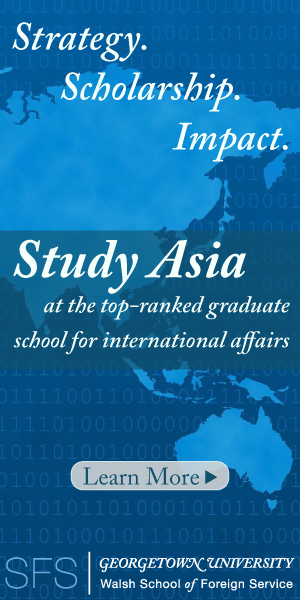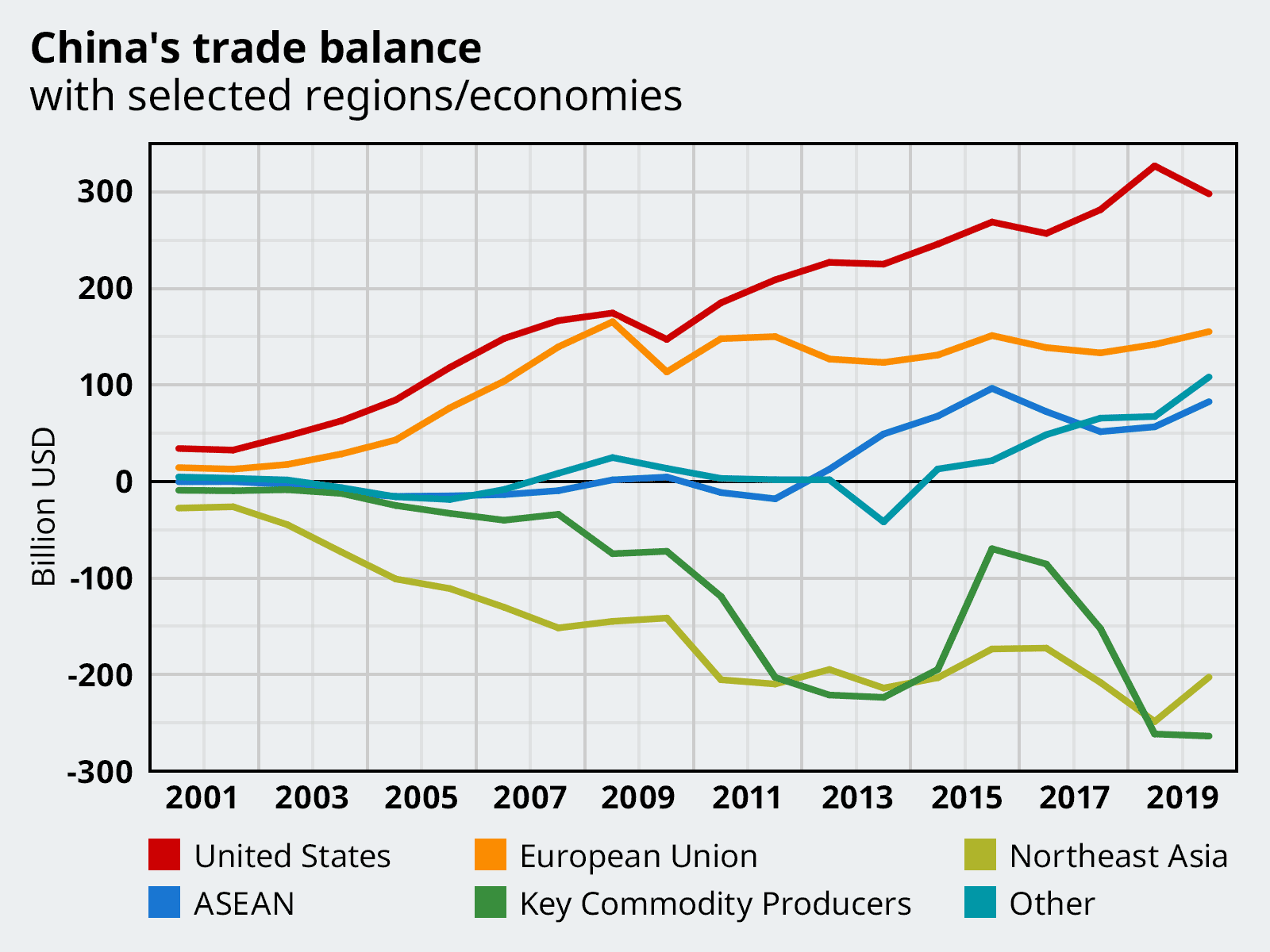| Welcome to the latest issue of Diplomat Brief. This week our top story explains Taiwan’s plan for preventing – and, if necessary, defeating – a Chinese invasion attempt. We also have an interview with journalist Jon Mitchell on the environmental damage caused by the U.S. military in the Pacific. |
| Story of the week |  | SECURITY Taiwan’s Overall Defense Concept, ExplainedWhat Happened: Taiwan’s military is increasingly outmanned and outgunned by China’s People’s Liberation Army. The response? A new asymmetric approach, called the Overall Defense Concept (ODC), which redefines what it would mean to “win” a cross-strait conflict. Our Focus: “Taiwan must abandon notions of a traditional war of attrition with the PLA,” writes Admiral Lee Hsi-min, Taiwan’s former Chief of General Staff and the developer of the ODC. “Facing a stronger adversary, embracing an effective asymmetric defense posture and incorporating tactical asymmetric capabilities could compensate for Taiwan’s disadvantage on paper and prevent the PLA from getting boots on the ground.” What Comes Next: With the strategy in place, now comes the hard part: follow-through. Of particular importance will be Taiwan’s shift to prioritize asymmetrical weapons rather than headline platforms in defense purchases, even while continuing efforts to design a domestic submarine. Read this story |
| Behind the News | Interview Jon MitchellJon Mitchell, an award-winning journalist and author of “Poisoning the Pacific” on military contamination: “In the coming years, the Western Pacific and South China Sea will become increasingly militarized by all sides – the United States, China, Japan, the Philippines, Taiwan, and Vietnam. This concentrated presence raises the risks of environmental damage from landfill projects, dumped waste and live-fire training.” Read the interview |
| This Week in Asia | Special Look What Does the Election Mean for U.S. Foreign Policy?While no clear victor has emerged so far in the November 3 U.S. presidential elections, the surprisingly close race between incumbent President Donald Trump and Democratic candidate and former Vice President Joe Biden indicates that forces of nativism, xenophobia, and ethnic nationalism are far from being spent in the United States. Irrespective of who eventually assumes office in January, these forces will, perhaps subtly, shape U.S. foreign policy over the next four years and beyond. Find out more | Northeast Asia Did China Win the U.S. Election?China got its preferred result in the U.S. presidential election Tuesday: Chaos. With the race too close to call, President Trump sowing accusations of fraud, and a messy court battle likely to determine the final winner, Beijing has more ammunition for its argument that democracy is a flawed way of governing. As long as systemic issues continue to plague the U.S., the actual winner doesn’t matter so much to China’s leaders. Find out more | Southeast Asia Myanmar Prepares to VoteWhile the world watches with bated breath for the result of the U.S. presidential election, Myanmar is gearing up for its own election on November 8. Aung San Suu Kyi and the National League for Democracy will almost certainly win a second five-year term in office, but the campaign period has been dogged by crackdowns on civil liberties and the mass disenfranchisement of ethnic minorities. By locking in the domination of the ethnic Burman majority, the election is likely to fuel further conflict. Find out more | Central Asia New U.S. President? No Problem.Central Asia isn’t a top priority for U.S. presidents. The U.S. State Department’s February 2020 Central Asia strategy looks set for an easy ride beyond the present U.S. political turmoil. No matter who the next president is, U.S. policy toward Central Asia isn’t likely to shift dramatically. Find out more |
|  |






![[object Object]](https://thediplomat.com/diplomat-brief/images/magazine/issue_72.jpg)